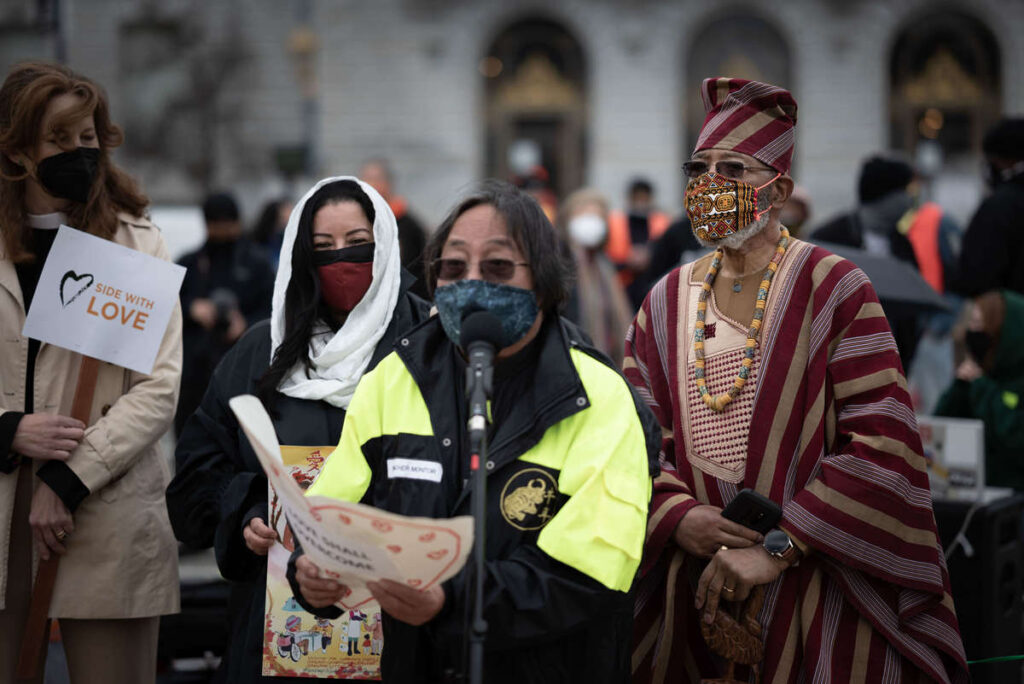Georgia massacre sparks fear of attacks on Asian community in San Francisco, frequent xenophobic and racist attacks.

Pamela Cruz Pen 360 Press [P360P].
Every day, fear and uncertainty grow among members of the Asian-American community across the country, as xenophobic and racist attacks against them become more and more continuous, due to the ignorance of many, who believe that because they are from the continent where the SARS-CoV-2 virus emerged, they are responsible for the pandemic that plagues the world today.
The recent attack at a spa area in Atlanta, Georgia, which left eight dead, including six women of Asian origin, has rekindled the debate in the country about hate crimes against the Asian-American population, which have reached almost 3,800 nationwide since the pandemic began, according to
